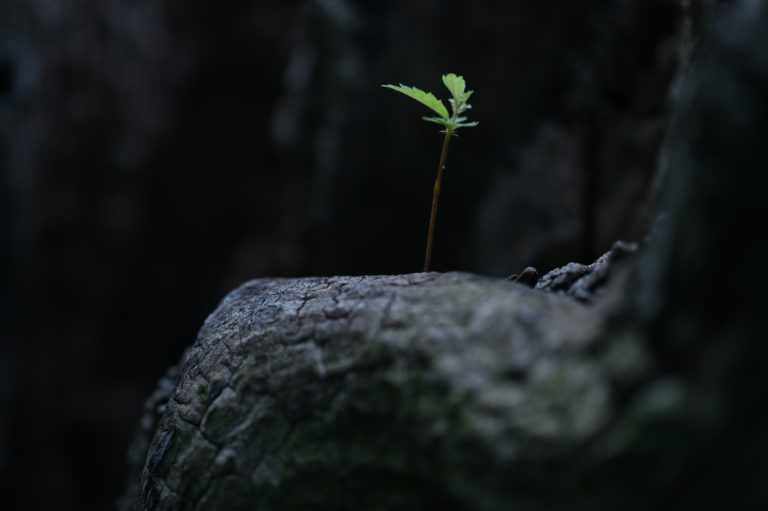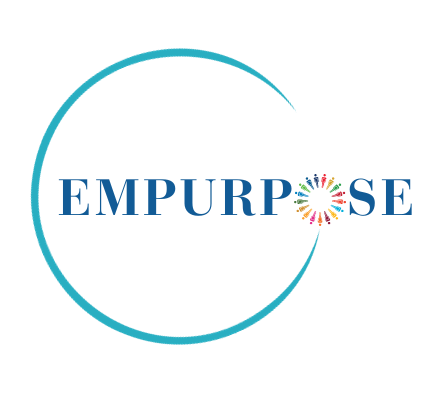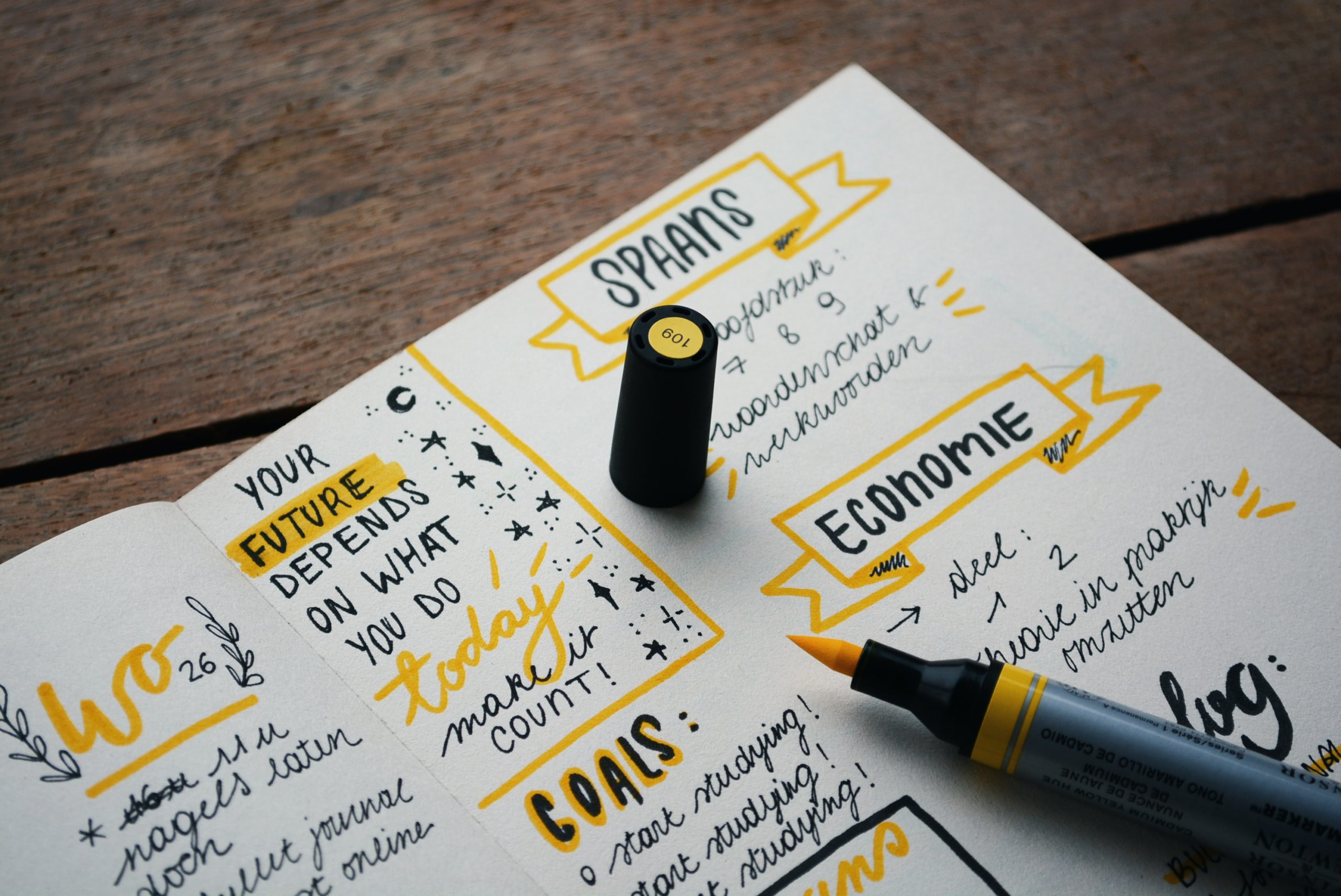MIND newsletter: Good hard and bad hard
Hey everyone,
Last week, I missed writing our weekly piece, as I was busy immersing myself in some farm work that I’ve been craving throughout the entire summer. I’m back now, just when it feels like autumn is beginning to dance around the corner, with mornings turning cooler and fewer sunny days gracing us during the week. Enjoy the piece this week. And have a wonderful long weekend Canadian folks!
1. M (Challenge your mindset)
I must confess that while philosophy and spirituality are among my favorite topics, I still consider myself a “by the book” student. I can easily grasp the theoretical aspects, yet I often find myself grappling with practical questions. The first encounter with Daoism and the concept of Wu wei, or “nonaction” – often known as “going with the flow“- left me pondering the fine line between spontaneity and responsibility in one’s life. How does one strike a balance between acting on impulse and adhering to a well-structured plan? When faced with adversity, how can you determine whether it’s an essential part of your growth journey that warrants persistence, or if it’s a sign to let go because it’s not the right path for you?
In other words, how to distinguish “good hard” and “bad hard”, as highlighted in a podcast episode released this week from Sparked by Jonathan Fields. I resonated deeply with the speaker when she emphasized how we often gravitate toward comfort and shy away from admitting that even the things we are passionate about can be hard. The creative process, for instance, is a rollercoaster ride, with a good amount of ups and downs. At the beginning of that process, excitement runs high, and we can’t help but immerse ourselves in a storm of ideas. However, the actual implementation phase may not be as thrilling as the initial spark of inspiration. This serves as a good reminder that nothing in life, even the most exhilarating pursuits, follows a perfect and linear trajectory.

2. I (I’m my own coach)
In addition to trusting my intuition, I realized the importance of having concrete tools or a framework to assist in my decision-making and emotional assessment. Jonathan, the host of the podcast, mentioned the concept of “Three Types of Fun”:
Type 1 fun
This is the kind of fun that is enjoyable in the moment and remains enjoyable when you look back on it.
Type 2 fun
It may seem annoying or challenging while it’s happening, but in hindsight, you realize it was a valuable learning experience or an accomplishment.
Type 3 fun
This is the most challenging type of fun, where it’s hard both in the moment and when you recall it later.
Eckhart Tolle, on the other hand, in one of his books, suggests that our perception of life events can lead to suffering. However, Tolle offers three modalities for easing that suffering:
- Enthusiasm: The first option is to choose to approach the experience or situation with enthusiasm. Embracing it with a positive mindset can turn even the most challenging situations into opportunities for growth.
- Enjoyment: If enthusiasm seems out of reach, the next step is to seek enjoyment, meaning you engage with the experience with the intention of finding a way to make it a bit more fun, more enjoyable.
- Acceptance: When neither enthusiasm nor enjoyment feels attainable, the last resort is acceptance. It’s about acknowledging the situation without resistance or inner turmoil.
When you find yourself unable to accept the situation, no matter how hard you try or how many different lenses you’ve looked through, it may be an indication that what initially seemed like ‘good hard’ has now transitioned into ‘bad hard.’ You might already have the answer to what comes next.
Think about one aspect of your life that’s currently bothering you, and if you were to improve it, you believe your overall quality of life would enhance. Does the journey toward a goal you set for this aspect feel more like ‘good hard’ or ‘bad hard’ right now? How does this awareness impact the way you approach this goal?
4. D (Do)
What are some practical steps you can take to shift from ‘bad hard’ to ‘good hard’ in your current endeavors or challenges?



